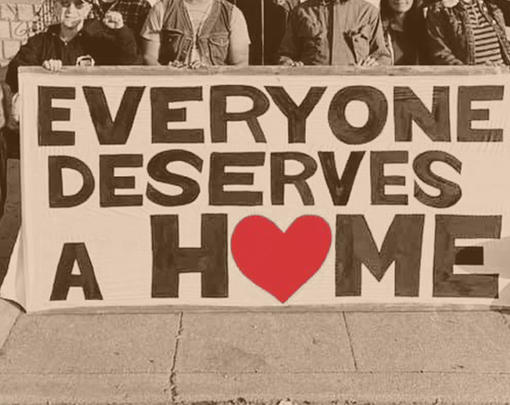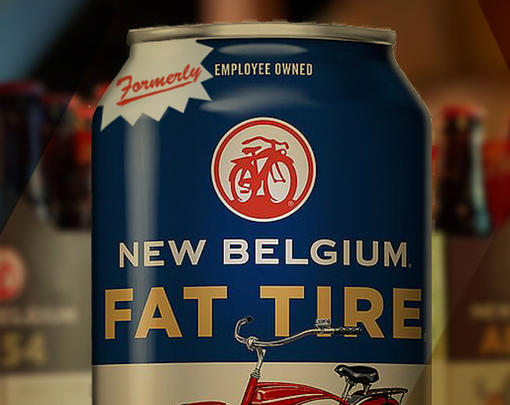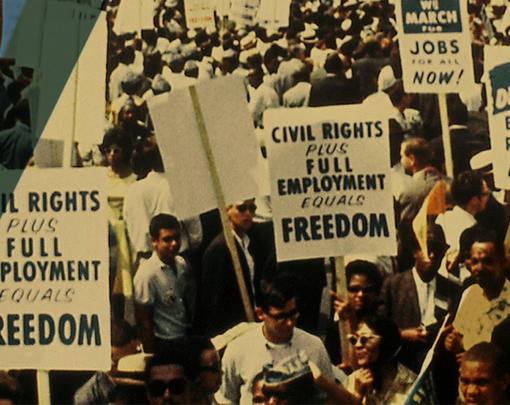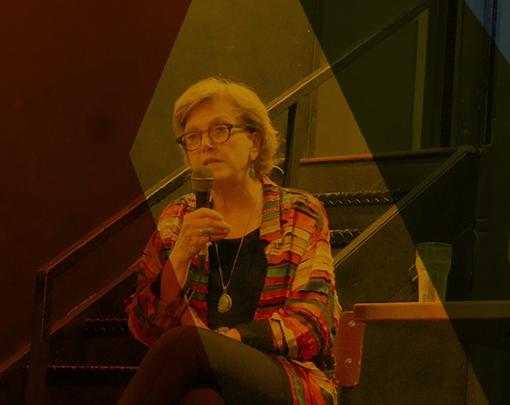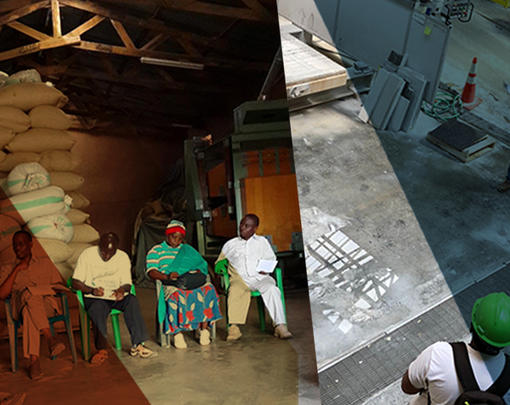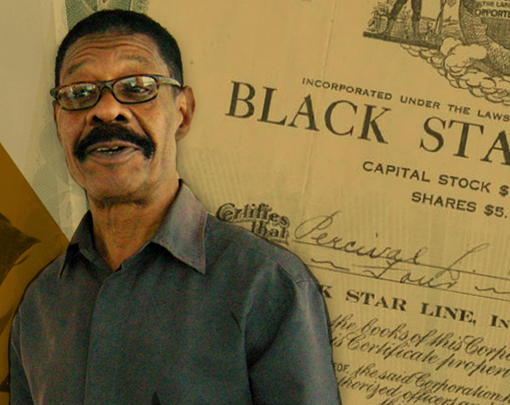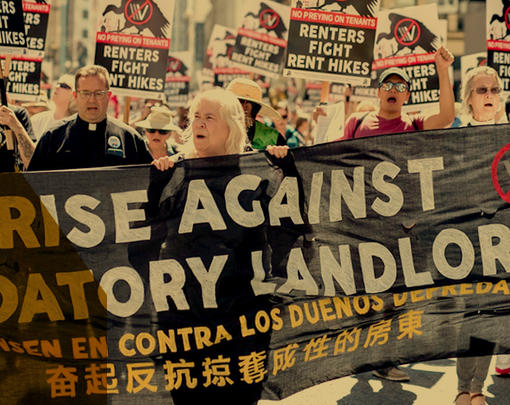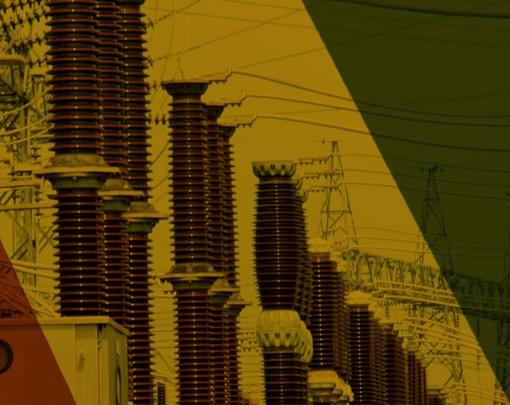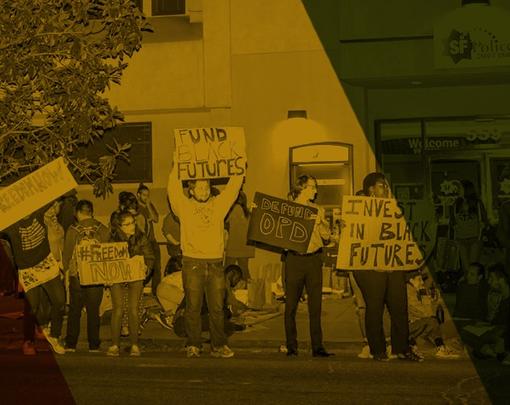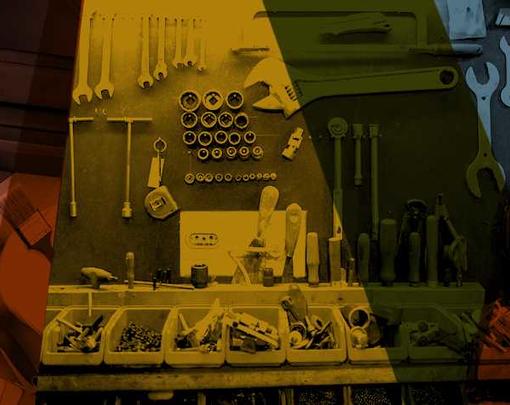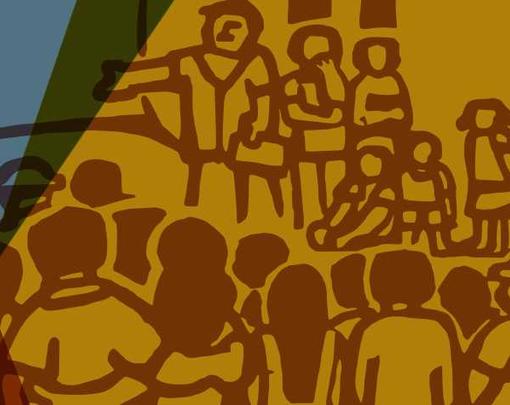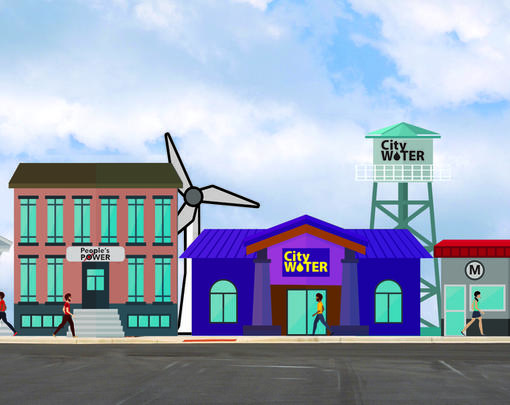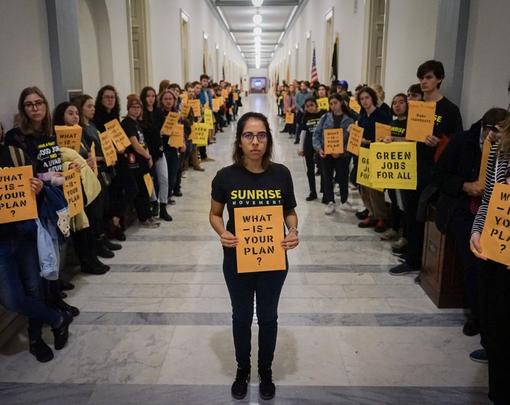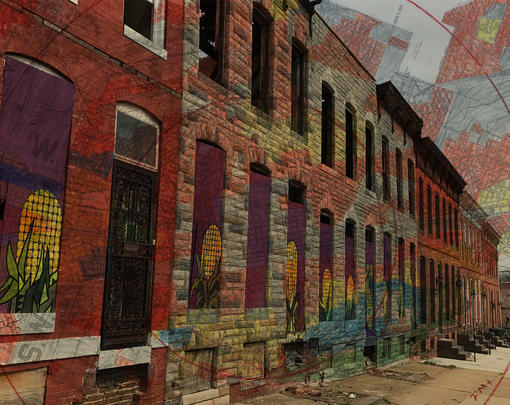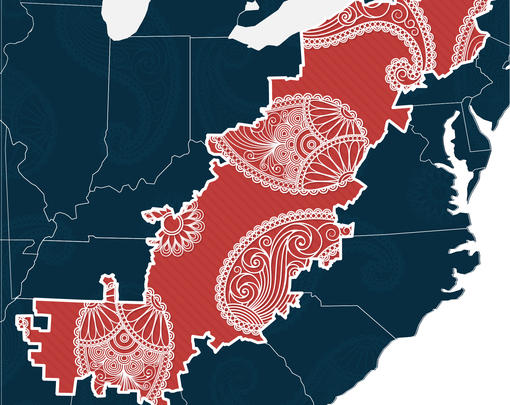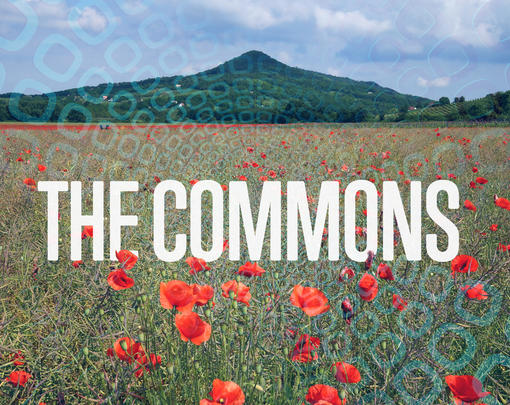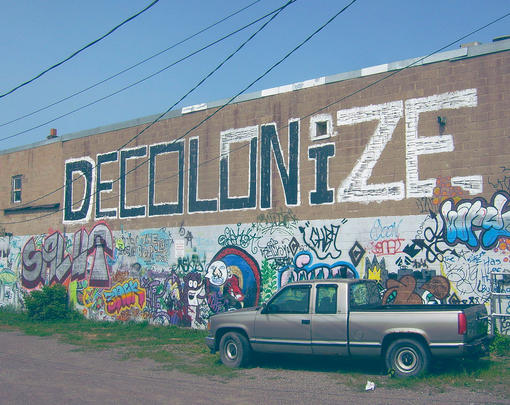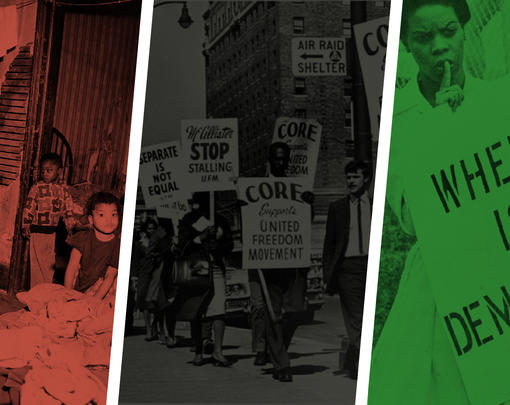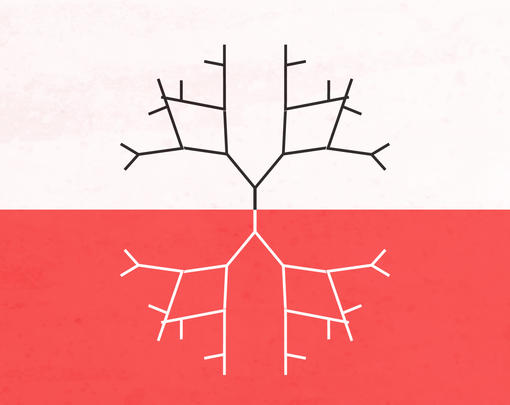Councillor Matthew Brown, head of the Preston City Council and Democracy Collaborative Senior Fellow for the Promotion of Community Wealth Building in the United Kingdom, sits down with the Next System Project to discuss his the strategy that Preston is pursuing to build community wealth as a path to economic development.
Subscribe to the Next System Podcast via iTunes, Soundcloud, Google Play, Stitcher Radio, or RSS.
Adam Simpson: Our guest today is Matthew Brown, leader of the Preston City Council in Preston, United Kingdom. He also recently joined the Democracy Collaborative as a senior fellow for the promotion of community wealth-building. We’ll be talking about what many are calling the Preston Model of local economic development, but, first, Matthew, welcome to the Next System Podcast.
Matthew Brown: Hiya.
Adam Simpson: Before we dig into the work, I’d love to know more about your background and your story. How did you come to get involved in politics in the UK?
Matthew Brown: It was basically seeing what I was seeing when I was growing up, because we had a situation in the 1980s when I was teenager where I could see lots of individualization and selfishness within the United Kingdom. Within the north of England, there were very strong working class communities where everybody looked after each other but we were seeing unemployment rise from less than a million to over three million in the space of two or three years. It was the beginning of the neoliberal project at the time that Mrs. [Margaret] Thatcher was leading with many of her Cabinet. It was just devastating for a lot of communities that a lot of the wealth was just extracted. A lot of very proud people in the coal mining industry and the steel industry and other industries were losing their jobs and the knock-on effect there.
I just thought, deep down, “This is wrong.” I was brought up a Catholic and I’m not particularly religious now, but I think that instilled a lot of the feelings about wanting to challenge that. A lot of the Catholic social teaching I was taught as a kid, and then, obviously, I started getting interested in politics when I was very young, only about 14 or 15. I saw Tony Benn on Question Time where I’d stayed up a little later than I should’ve done and he came on. He just seemed to say everything I believed in at the time because it seemed the total opposite to what was happening in the UK. He was saying, “Well, we should be giving people decent wages. People should be in control of their own lives and their own industries, and we should be doing things like helping other countries who are suffering from starvation and things like that,” which was something that wasn’t being said by the Conservative government at the time.
It was quite an interesting time to be growing up, really, because it was very different to what we’d had even with Conservative governments in the 1950s and 1960s, where they were doing things like building council housing and listening to trade unions and things like that. There was a total shift in the politics of the country away from this consensus we had where people would be looked after to some degree.
Adam Simpson: Fast forwarding to today, can you tell us a little bit about Preston, about the context in which the Preston Model was conceived and where this idea developed?
Matthew Brown: I’ve always had a strong belief in these ideas. About 10 or 12 years ago, I scouted around Europe, trying to find regions and cities where they’d done things quite radically different by trying to promote alternatives to capitalism, for want of a better phrase. I looked at places like Mondragón [in Spain]. I looked at places like Bologna, Italy. Obviously, I had my own beliefs about thinking these things were right, but I was thinking, “Well, is there evidence that they work better?” And then I found the evidence. If you looked at Bologna and Emilia-Romagna, that region, it’s the best for income equality within the European Union. The wage levels are 20 percent, 25 percent higher than the rest of Italy. Same in Mondragón as well, and even things like life expectancy are better. I was looking at ideas like that, actually, about 10 or 12 years ago.
Obviously, we then had the economic crash, which really affected Preston because we’d had a traditional response in terms of economic development like the vast majority of cities in the UK presently do. What you try to do is you try to attract mainly inward investment. You try to get developers from outside to develop your area and get bigger businesses in and things like that. And then, obviously, we had the economic crash of 2007-2008 and then, after waiting 13 or 14 years to try and bring this money from outside, from organizations that weren’t rooted within our community, the main anchor store pulled out and then that investment fell through. It seemed to be linked together in this idea that we’ve got a dysfunctional economic model, really. The Preston Model came from those two things. Looking at places where they’ve promoted economic democracy, but it’s also now quite essential because, our economy at a national level, it’s not producing the outcomes anymore that are benefiting people.
Adam Simpson: Just to get this right: The kind of failure that preceded the Preston Model, this was a failure of the strategy to get, for lack of a better term, rich people or rich corporations to come to Preston and start a business or start a firm and bring economic development in that way. Was that a fair assessment?
Matthew Brown: Not as simple as that really. What would happen is you’d get very large global developers to develop the city center in conjunction with the council. So, there’d have been a vehicle that we set up that would’ve put up assets and land and that hopefully would’ve brought in the big stores and things like that. And then, obviously, when the main anchor store pulled out, we had to think again because for 13 or 14 years, we’d been trying to do that. It’s something that, personally, I was uncomfortable with but I was pushing other things at the same time and politics is about give and take and things like that.
But we then had that economic crash, and then we had to think again. After doing what probably most areas did do within the UK, we were left with nothing, basically, or very little. The Preston Model is about how do we respond to that? A lot of the inspirations is what I said earlier about these areas where they’ve done things differently, and then we met Ted Howard, the president of the Democracy Collaborative, in 2012. It was inspiring what he was saying about how the local public sector within Cleveland is actually supporting the creation of worker-owned businesses in those most deprived areas within Cleveland, and now I believe there’s about 380 jobs within those businesses.
We took a lot of that spirit and wanted to bring it to Preston, but it’s a multi-strategy approach. It’s all about trying to create wealth, retain wealth within Preston and wider Lancashire, but also to promote economic democracy: the stuff we’re doing around cooperatives, the stuff we’re doing around local banking. So, we want a cooperative-style Lancashire regional-type bank. So, we’re doing that. The stuff we’re doing around the living wage and stuff we’re doing around investing the pension fund locally, and there’s other stuff we’re doing around credit unions and energy and potentially housing as well soon. It’s very much a collaborative strategy, but it’s quite clear now in what it wants to achieve in the sense that we’ve got this systemic issue with the way that the national and global economy is structured.
Basically, like a lot of areas, especially up in the north, a lot of traditionally deprived areas are left with little choice because what you find with a lot of these areas is that the government’s cutting back on the amount of money you have. Say 10 years ago in one area the council would’ve had, say, 100 million. It’s now down to 70 million. And then, also, you’re trying to bring inward investment in as well and, generally, investors are more interested in central London, central Manchester. It’s difficult. What’s very interesting is Aditya Chakrabortty, who is the Guardian’s main economics editor, is basically saying that the Preston Model could lead to what he describes as a coalition of losers. Areas within the United Kingdom that traditionally have been beaten up for so long could come together and apply these ideas, and for me that’s really exciting. It’s quite revolutionary what we could achieve.
Adam Simpson: Is it fair to say that a lot of this is about changing procurement habits and redirecting public money, and could you say a little bit about that?
Matthew Brown: It is. I mean, the procurement side of it has been the most central part of it so far. Within Preston, we’re not particularly big as a council. What has been fantastic is other organizations, other anchor institutions within Preston, have actually come onboard with us. We’ve got seven anchor institutions now within Preston that are basically doing what we’re doing. They’re looking through the books and they’re trying to shift a lot more of the spending to local businesses and get things like apprentices, helping hard-to-reach people and, also, getting the real living wage into those contracts and other social value outcomes. It’s been very much a collaborative approach.
The really good thing about it now is that individual anchor institutions like the Community Gateway housing association, which is a tenant-led cooperative, are doing things like insourcing contracts back into the cooperative away from multinational companies. When they’re doing that, they’re employing their own tenants, giving them jobs. It’s quite fantastic; it’s becoming very, very deep now, the way this is developing.
The university, for example, that is bringing cooperative education into its business school and into the curriculum as well, and the business school will be helping form worker-owned businesses, as well, involving the graduates. There’s a real radicalism that’s taking place now, but it’s very sensible as well. It’s not something that can’t be achievable. It’s all very achievable.
But quite crucially on the Preston Model, as I said earlier, there are a number of strategies, many of which we’ve imported from the work that’s been done here with the Democracy Collaborative on trying to democratize the local economy. Within Preston, we’re lucky because I think we’re quite small as a city and I think that’s quite an advantage, really.
Adam Simpson: The model allows for experimentation?
Matthew Brown: Well, experimentation is suggesting it’s likely to fail, which I don’t think it will. But people know each other quite well because it’s a small place. The people are all committed to it across Preston within the local public sector and now a lot of businesses are saying, “Well, we like this,” especially local businesses, family-owned businesses. They’re really keen on it.
Adam Simpson: You mentioned anchor institutions and I heard a bit about a hospital, a university, a tenant cooperative. In your mind, how do you conceive of what it means to be an anchor institution and can you say a little bit more about why you think they’re so essential to the model?
Matthew Brown: We’re very public-sector heavy within Preston. We do have lots of public sector employment, which traditionally people say, “Well, that’s a bad thing,” but I think it’s a good thing because each of these institutions are democratic to some degree. Each of these institutions are essential to the Preston Model, and what’s happening now is that, for example, within the university or within the colleges, they’re not just thinking about, “Well, how we educate people”; it’s also where they buy from, where they invest in. Potentially in the future, where they’re going to hire from. They’re realizing now, they’re huge economic actors.
Adam Simpson: That they have a role in the community.
Matthew Brown: Yeah. They’re economic actors as well, and they’ve got a community role, as you say, as well as just being responsible for educating people. They’re all taking to it really well. We’ve got very forward-thinking heads of all of these organizations. People within them are fantastic, and further than that, obviously, at a grassroots level, the voluntary sector really likes it. The trade unions tend to be behind it very strongly. Religious organizations, the churches, other religious organizations as well within Preston, they’re very supportive of what we’re trying to achieve.
Adam Simpson: Fantastic. You also mentioned economic democracy. Interviewing different people, I’ve heard different answers to this question but I wanted your take on it. How do you define economic democracy? How do you approach that concept?
Matthew Brown: I think it’s basically trying to make sure that people who work within their workplace have much more of a say over what happens and, also, the people who consume services have much more of a say. There’s that sense of ownership within each of these institutions and the people who engage with those institutions. I think that’s probably the way that I’d define it. That might not be the best definition I can give, but I think it does make sense that what you need to do at all levels is make sure that people who work within the workplace have much more of a say in what happens, much more of an ownership stake in what happens, and also institutions as well—that people who consume things, people who receive a service from them, have more of a say.
Say, for example, within our anchor institutions, we do have within Community Gateway tenants who are board representatives, and then they’re making decisions about where the Community Gateway invests, whether they pay the real living wage, whether they support other cooperatives, where they purchase from.
Adam Simpson: That brings us to cooperatives, and I know this is a key business model within the Preston Model. What do you think makes cooperatives so important in this model, as opposed to other firms that are structured along owner over here, labor over there? That kind of thing.
Matthew Brown: It’s essential for improving the health of people because I think if you go down the line in 30 or 40 years that sector will have expanded quite significantly. This idea you have that you have to work for an employer and you can’t organize things in your own way, in a democratic way within a company, I think that that, eventually, it’ll get less and less seen as the way we should be doing things. I think that people would be really attracted to this idea of working cooperatives.
Within Preston, we’re quite excited because there’s a huge amount of gaps within the local procurement market. The anchor institutions are buying goods and services and there isn’t always a local business to buy it from. It’s there we’re trying to create worker-owner businesses to stop the leakage out. Say, for example, within food, we’re going to have our first worker coop, which potentially is going to be in one of our buildings, which is going to be refurbished. It’ll be a council-owned building. It’s going to be a café and the café is going to be supplied by local farmers, mainly small farmers who are growing food. That’ll then be served to people within the café and employ people, but then that arrangement, that arrangement between the suppliers, who themselves are looking to form a cooperative and the worker-owned cooperative, will then bid for a lot of this wealth that’s leaking out.
We’ve identified there’s probably about at least £8 million that’s leaking out from the local public sector within Lancashire, and then they’ll be able to compete for those contracts. It’s quite revolutionary, and if you’re talking about £8 million, it’s probably a lot more than that because there are other anchors we haven’t yet investigated. But over a 10-year period that’s 80 million quid. It’s a lot of money that these cooperatives can bid for and support the local economy, and support local employment as well.
Adam Simpson: It reminds me of a talk you gave at the Collaborative where you talked about a virtuous cycle, the kind of way these kinds of circular flows can empower community. Can you say a little bit more about that here?
Matthew Brown: If everything comes together the way that we think, it is going to be very transformative because we’re doing a number of things. Obviously, at the moment, we’ve managed to repatriate, over a three-year period in Lancashire, over £500 million that we’ve put back into the Preston and Lancashire economy. The vast majority of that is wealth that was being sucked out mainly to large corporations in the city of London. That’s supporting independent family businesses often and other businesses within Preston and Lancashire. That’s happening. We’ve got that going on. We’ve got stuff going on around the living wage, which is expanding because the vast majority of our local public sector in Preston, when they’re buying in goods and services, were getting lots of contracts receiving the real living wage. That’s going on as well.
And then one of the key things is we’re looking at this concept of a community bank, where I now as a leader am trying to get other leaders to invest and have a fully licensed bank within Lancashire, which will actually be able to lend to potentially support these worker coops and other local businesses that can bid for these contracts that are leaking out. Then, linked to that is a public pension fund investing a lot more within the Preston and Lancashire economy. It’s all a huge amount of wealth that is involved with all these ways that we’re trying to do it. If you link them all together and get them working together in a unified way, you’re taking back control of your own local economies in a way that’s quite powerful.
Adam Simpson: Right. I’d love to know a little bit more about the pension funds, actually, because that’s very interesting. There’s always a lot of kind of talk about how we can get these types of pension funds to move their money to either more green and sustainable projects or get them to move it to more “real economy projects.” I’m curious about the role you see them playing in the Preston/Lancashire context. But, also, my perception—I’m no expert on pension funds, by the way—is that since they’re about retirement, they’re often like quite concerned about return. Is that a concern for you at all as they make investments into the Preston Model?
Matthew Brown: Yeah. I mean, they have to meet what’s known as the fiduciary responsibility, which is basically saying that you must get the best return for the pensioners because, obviously, it’s their money they’re putting into it and, also, the employees are putting money in as well. They have a legal responsibility to make the best return. But saying that, there seems to be a lot of debate about how that can be done because traditionally what would happen is you’d say that investing your pension funds in equities is getting that return, but when we had the crash of 10 years ago, what we found is that the equity market fell by 30 percent, 40 percent.
The value of the public pension funds also fell by similar amounts of money. I remember reading a press report with a lot of criticism at the time about the fact that our public pension fund had been investing so much within the equity money, where it was vulnerable. There was evidence that by investing that much within the equity market, it actually cost the pension fund and the pensioners potentially getting the rate of return that they needed. There’s now quite an open-minded debate now about investing in different places. The funds agreed to invest £100 million within Preston and South Ribble, which is a district council next door to us. That’s taking place. I think it’s committed to investing another £50 million across Lancashire.
But the Lancashire pension fund, which we’re a part of, is also looking at investing potentially within housing and linking that investment to councils getting together a development company to provide housing as well. There’s also push from the trade unions through Unison to divest from fossil fuels. Their own conference says that they’re going to push for public pension funds not to invest within fossil fuels. They’re keen to divest 14 billion of the public pension funds away from fossil fuels, oil, and things like that into other sources. That’s a big opportunity to, again, support things like municipally supported energy networks and link that to where these pension funds invest.
I think if you want to protect these funds in the future, you have to spread the investments over a number of places. If they’re too dominated in the equity market, the pension’s future’s at risk. I think there’s actually quite a lot of debate now about doing things in a different way.
Adam Simpson: We’re talking a lot about a crash and a lot of people have this sense that, given our system, there is going to be another crash. What do you think the Preston Model and these kinds of local, as you say, virtuous circles mean in the event of systemic shocks like a crash on the level of 2008, for instance?
Matthew Brown: I think it’s essential because if we do have another crash, it’s going to be devastating. The austerity that we’ve had in the United Kingdom, there’s evidence it’s cost 120,000 lives. There’s one report that said with the cuts in benefits, the costs in social care, the cuts in other services, people are having to work a lot longer before they receive their pensions. It’s going to be even more devastating then what we’ve had already.
The only way we can actually fight back is to do things our own way. I think by doing things like establishing our own bank, and, hopefully, that becomes successful, if there was another crash, we’d insulate ourselves from it. What was quite inspiring about some of the things that happened in the United States is things that really stick out like the Bank of Dakota, which is a publicly backed, state-owned bank within North Dakota. Because they’ve got a culture where I believe 70 percent of the deposits of people within that state, and I presume businesses as well, are put into that state-owned banking system compared to about 28 percent across the rest of the UK, when the crash did came, unemployment was about 40 percent of the rest of the US. That just shows what you can do if you can find ways to actually democratize your economy and have strategies and institutions where you can democratically have control, create your own money, and also decide where it goes.
Adam Simpson: I want to talk about what the Preston Model means in the broader context of current UK politics. There was the Brexit vote and now it seems like Jeremy Corbyn is on the rise with a Labour party with a very ambition program. Of course, Teresa May being the current prime minister, the Conservatives are doing their own thing right now. What do you think the Preston Model means in the broader context of the UK given these other trends? Where do you think the Preston Model fits?
Matthew Brown: Jeremy Corbyn said at the last party conference during his leader speech that maybe 2017 is the year we caught up with the financial crisis of 2008, because politics seemed to, in some ways, not respond to the fact that we’ve had this huge global financial crash that has cost every family within the UK about £4,500, and despite all that public money being put back into the system, we’ve got austerity and we’ve got a dysfunctional system.
I think people are actually waking up to that, and I think a lot of the political expressions that we’re seeing because of that situation, some of them are very good, like Jeremy Corbyn becoming leader of the Labour Party, but others are not so good like us leaving the European Union. Potentially here, the election of Donald Trump might have been down to the fact that there’s a sense of anger about how the economy’s structured. I think there’s a debate about how we take things forward. But, interestingly, within the United Kingdom, especially around the procurement side of stuff, trying to support locally owned businesses, there seems to be lots of support for these ideas. Also, with the banking as well, there seems to be as much enthusiasm at a local level, at least, from Conservative politicians as well as Labour ones.
My own view is this is very radical and transformative and is very much within the democratic socialist tradition, but a lot of other parties see it as common sense as well. I think there’s consensus across the political spectrum that we need something new and we need to debate about how we do things differently. In that context, the Preston Model does fit into that.
Adam Simpson: One criticism of this model seems to be essentially that this is too locally oriented. You recently appeared on the BBC and they, for the sake of fairness I suppose, wanted to show a critic of the Preston Model, Dr. Jamie Whyte, who argued that instead of spending money locally within this border or that border that the key for economic development is trade and increased productivity. What’s your reaction to that kind of analysis?
Matthew Brown: Well, I mean, I was so excited about this three or four years ago just when it was becoming called the Preston Model, and I was emailing so many people about it and I think at the time, the Preston Model was seen as some young person who’d had a lot of success in a local beauty contest. It wasn’t very well-known at all.
My enthusiasm is really high at that time, but then when we’ve got lots of interest a few years, we’re getting a lot of critics and naysayers, that seem to be spending a lot of effort and time without actually visiting Preston and trying to see what we can achieve, saying it’s things like protectionism, saying it’s all about trying to build barriers and all the rest of it. But, frankly, it’s a load of nonsense because if you actually read about what we’re trying to achieve, as I said before, we’re trying to find ways in which we keep wealth in the community and ways that we produce wealth, where it benefits our community and doesn’t leak out often to large organizations outside our community that find ways of avoiding taxation.
Say, for example, on local procurement, there is evidence out there and it’s evidence that hasn’t been refuted by anyone else that I’ve seen, that for every public pound that, say, for example, goes to a small company, a family-owned company, 63p of that wealth will stay within the local community. If it goes to a large or multinational corporation, often outside our community, 43p stays in there. It’s not solely about buying local. It’s about finding ways to keep money within our community and create wealth in our own way. It’s about economic democracy. It’s not about protectionism at all. We have no desire in Preston to put up tariffs, and if there was inward investment, yes, if it’s going to be supportive to what we wanna do, we’d welcome that as well.
Adam Simpson: I heard you mention in this BBC program about the Preston Model that there’s this conception in the UK, very popular in the United States as well, I suppose, that the economic system is working for the top 1 percent whilst the rest of us are fighting for scraps. I want to ask how does the Preston Model impact and begin to kind of change the paradigm of such a system?
Matthew Brown: Well, the economic system does work for the top 1 percent in my opinion. I’m sorry to actually disappoint people by saying that. That is my own belief. It does. I think we’re in a situation where we’re heading towards Medieval levels of wealth and income distribution and we gotta do something to change that. It does challenge that because if you’re promoting things like worker ownership, if you’re promoting local investment away from speculative investments from people who are not rooted in our community—again, often individuals and large corporations have found ways of taking wealth out of the community—it is a challenge to the way that the top 1 percent manage to organize things.
It’s very exciting. I think we’ve got a chance as well. I think people are saying, “Well, enough’s enough.” Because the actual health outcomes of the way the current economic model is, people are not living as long as they should do. Their lives are not as healthy. There are issues with mental health. There are issues with obesity. There are issues with stress-related illnesses and all the things that come with that with heart disease and strokes. People need a new way of thinking in my opinion, and we might not get there to the extent I’d like us to, but at least we’re starting to debate that there are different ways we can do things and they’re very sensible and they work very well.
Say, for example, you go to Mondragón, you have worker ownership where the bank is owned by the workforce there. It’s a worker-owned bank that lends to other cooperatives. It lends to small businesses. The university, again, that’s a worker cooperative. It’s a cooperative university that educates people about the culture of worker ownership and democracy within a local and regional economy, and it’s very successful and it’s democratic. And if you look at some of the things that you buy, for example, a fridge or a car, there are parts that produced by Mondragón in there. It’s successful and the standard of living within Mondragón, it’s proven to better than other ways of organizing the economy in a traditional capitalist way because it’s an alternative to capitalism.
These things do work, and what we’re doing with the Preston Model is we’re taking the best bits, in my opinion, of a number of strategies and trying to put them together. Obviously, we’re not at the stage yet where I could say it’s transformative, but we have achieved a lot of things. Say, for example, if we’re talking jobs in a traditionally deprived area. As a result, in part, of the money we’ve put back into the Preston economy with Preston suppliers, we’re now second best out of 14 areas in Lancashire for the amount of jobs within Preston. We’re now best for people who work here because of the living wage strategy for people receiving £8.75 or more an hour. We’re now out of the bottom 20 percent of most deprived areas. We’re increasing in the social mobility index. Everything seems to be moving in the right direction. But we’re not at the stage where, yeah, I can describe it as transformative, but things are working quite well at the moment.
Adam Simpson: My final question, Matthew, is let’s assume that everything goes your way. What does Preston and Lancashire look like five to 10 years from now?
Matthew Brown: Obviously, we want it to be Lancashire-wide, but it’s deep in Preston at the moment. So, if we just deal with Preston for the time being, hopefully in five or 10 years time, we’ll have our own bank, which is becoming more predominant and lending to individuals, family-owned businesses and cooperatives within Preston and Lancashire as well, that hopefully is lending £500 million or something like that. I think that’s what’s planned. If we have our own bank, if more of the spending in the anchor institutions is rippling through the place, that’d be fantastic. If, in addition to the two first worker coops, we’ve got 10. We’re having a real debate about how to take back control that way. And then if the pension fund is invested a lot more away from solely being reliant on the equity market and investing a lot more and getting really good returns within Preston and Lancashire, that would be fantastic. All those things together and you’re pretty much back in control of your own economy, and what you’re doing is you’re crowding out traditional economic, neoliberal ways of developing within your community.
I go back to this idea that I said before about having very little choice. Again, across many places in the UK, you’re getting huge cutbacks and you gotta really make yourself attractive to get, say, an Amazon warehouse or whatever, or a large supermarket, which often actually put local businesses out of business because of the supply chain arrangements that tend to source a lot less from the local community. So, yeah, we’re trying to challenge that way of thinking.
Adam Simpson: Well, Matthew, it was fascinating hearing about the Preston Model. I look forward to seeing where it goes. Again, welcome to the Democracy Collaborative and thank you for talking with us today.
Matthew Brown: And thank you so much to everyone for having such a warm welcome.
Adam Simpson: We’ll see you next time on the Next System Podcast.




